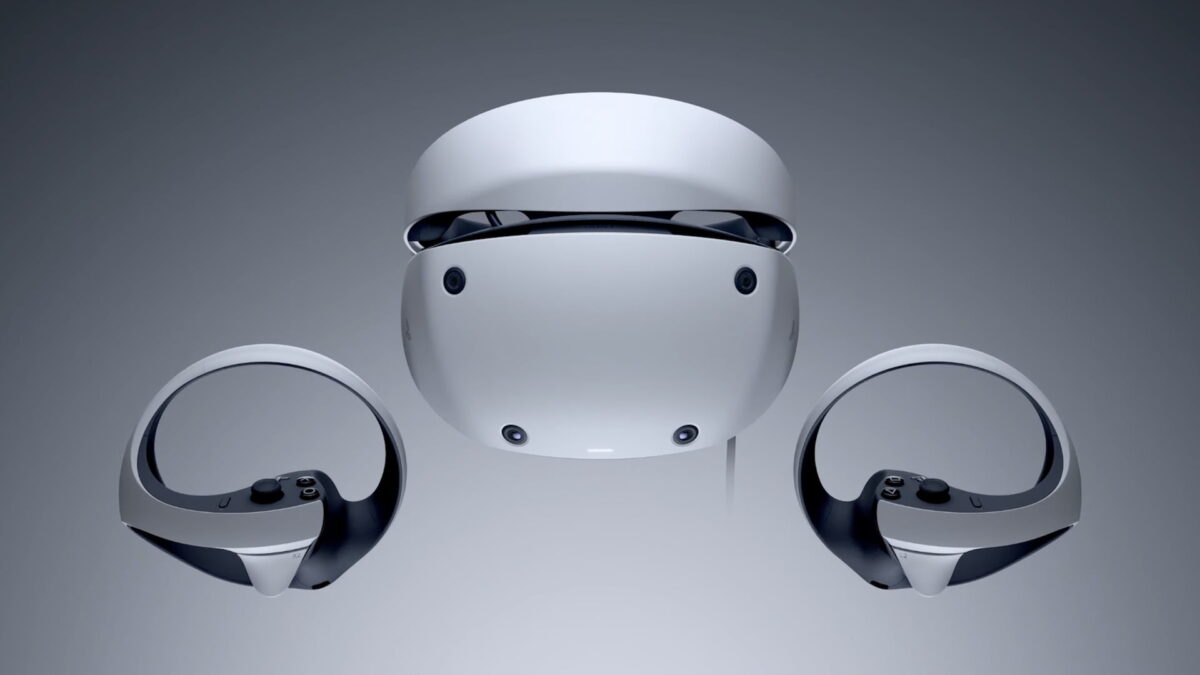Playstation VR 2: Why so timid, Sony?

Playstation VR got off to a rough start, and its successor might too. Here is my theory as to why Sony is not more involved.
Playstation VR 2 releases in a few months. The conditions for a successful launch aren't all there.
For one, there's the weak game lineup. Horizon Call of the Mountain is Sony's only first-party title. It is also the only one that has enough appeal to arouse the desire of gamers who are only marginally interested in virtual reality, or not at all. Except perhaps for Resident Evil Village VR, whose 2D original came out a year and a half ago and which most fans have played through.
There are also a handful of exclusive titles like The Dark Pictures: Switchback and Crossfire: Sierra Squad. Older VR games available for other platforms include slightly graphically improved ports of Meta Quest titles. So, nothing could get VR doubters out of their caves.
Examining Sony's Playstation VR strategy
Sony's marketing also looks weak. Playstation VR 2 has been revealed drop-by-drop and without much fanfare in unspectacular blog posts since February 2021. This gives the impression that Sony did not care much about the device.
The time frame of the market launch is also far from ideal. Why is Playstation VR 2 releasing right after the Christmas shopping season and not before? Wouldn't it have been wiser to wait until for a 2024 Christmas launch with more and bigger games?
The biggest question mark, however, is the price. At $550, the VR accessories cost more than the console itself, which should still inhibit the buying reflex the most. We do not know the exact manufacturing costs. But, the high price suggests that Sony is not willing to put an aggressive cross-subsidy on the line.
VR 2.0 has to prove itself - or perish
Sony's approach raises many questions. Out of those questions I make the following case: the company is under no illusions and does not even expect Playstation VR 2 to be a big seller - even with a multitude of big VR games, bombast marketing, and a comparatively low price.
Sony has no intention of going all out. That would mean spending vast sums on exclusive VR games and depressed prices in the style of Meta, with no prospect of recouping these investments in a timely manner.
The success of virtual reality cannot be forced or artificially accelerated. Sony knows that. The medium must grow organically, even if that means it takes much longer than anticipated. The technology has a certain maturity and must prove and bear itself with the means at its disposal - or disappear into oblivion (again).
Sony sees VR as a long-term investment
This also applies to Playstation VR 2 which, technically, absolutely has what it takes to be successful. Unlike the first Playstation VR, the VR system is rock solid and future-proof. The foundation has been laid, and Sony still has some time until the Christmas business in 2023 to build up its software library, bring one or the other big VR game, and possibly lower the price a bit.
Even then, it won't be a massive hit, and Sony seems to have taken that into account. Success for Sony, especially regarding the long-term development of VR, will be measured differently than by fabulous sales. How often, how long, and how gladly will their customers use Playstation VR 2 compared to the first Playstation VR? Will the costs for research, development, and production pay off?
As long as the Playstation VR 2 is not an absolute flop and the VR industry does not completely go down the drain in the next five years, I think Sony will launch a Playstation VR 3. The company is speculating on an organically growing, long-term success of the technology.
This is evidenced by Sony's investments in VR displays and sensor technology, which could one day be incorporated into other, more broadly marketed Sony products. Playstation VR would thus only be the beginning of Sony's VR initiative, which is limited to games for now and could diversify in the future, just like the headsets themselves, which are no longer just for entertainment.
Note: Links to online stores in articles can be so-called affiliate links. If you buy through this link, MIXED receives a commission from the provider. For you the price does not change.